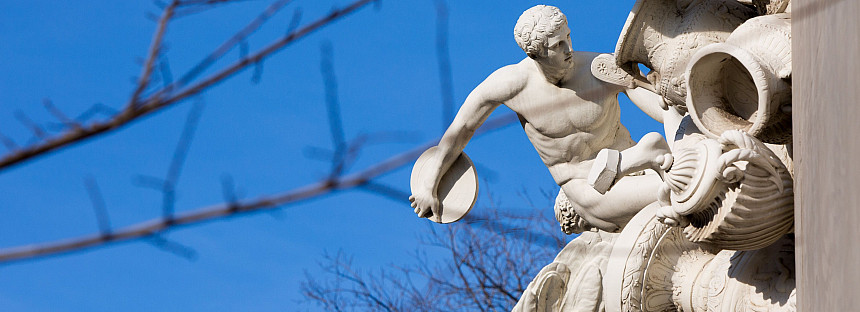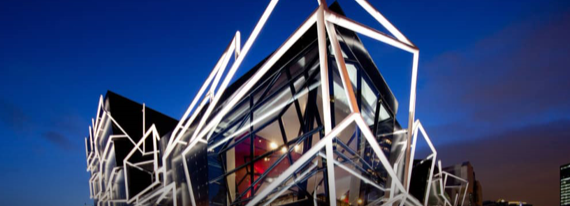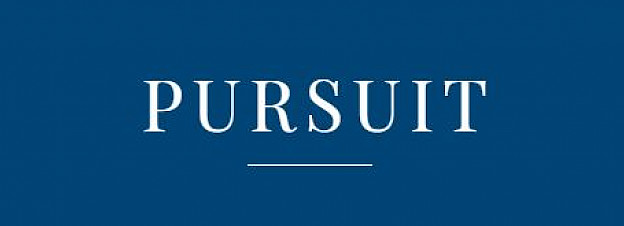Events
at the University of Melbourne
The University is committed to hosting events and activations on its campuses in a COVIDSafe way, in accord with government restrictions and guidelines. Some of our events are presented on campus, others online – be sure to check the details. Find out more about the University’s COVIDSafe plans
Featured events
Colonialism operated as much through margins and insidious and ‘ordinary’ forms, as through major urban centres or iconic buildings. Architectures of colonial governance within colonies were often dispersed and not spectacular. They held complex ‘lifeworlds’ comprising rulers and subjects, assorted practices, and lived lives.
This talk explores the spatial infrastructures of British-colonial provincial administration in nineteenth-century eastern India. It focuses on district-headquarter towns (zilla sadar) to think about colonial margins, interiority and provinciality. Sengupta highlights how the ingress of colonial state-infrastructure profoundly affected Indians’ lives and territorial relationships.
The talk further analyses the district-level office precinct (cutcherry) in relation to colonial revenue knowledge and paper bureaucracy, and the spatial practices and lived worlds of Indian clerks/employees. Through the mutual formations of the zilla sadar and the cutcherry, I also problematise rural-urban relationships and notions of ‘colonial distance’.
Tania Sengupta is joining ACAHUCH for April of 2024, supported by the Macgeorge Bequest at the University of Melbourne.
The Centre for Artificial Intelligence and Digital Ethics (CAIDE) and the Melbourne Centre for Commercial Law invites you to the 2024 Oration of the Ninian Stephen Law Program: New Legal Thinking for Emerging Technologies, powered by the Menzies Foundation.
This year, ‘Technology in the Professional Toolkit’ will be presented by Joseph Longo, Chair, Australian Securities and Investments Commission. The Oration will explore the role of technology in the professional toolkit, and how understanding and effective use of technology is becoming an essential part of the legal practitioner’s skillset.
There will be a canapés and beverage service after the oration and a chance for you to network.



